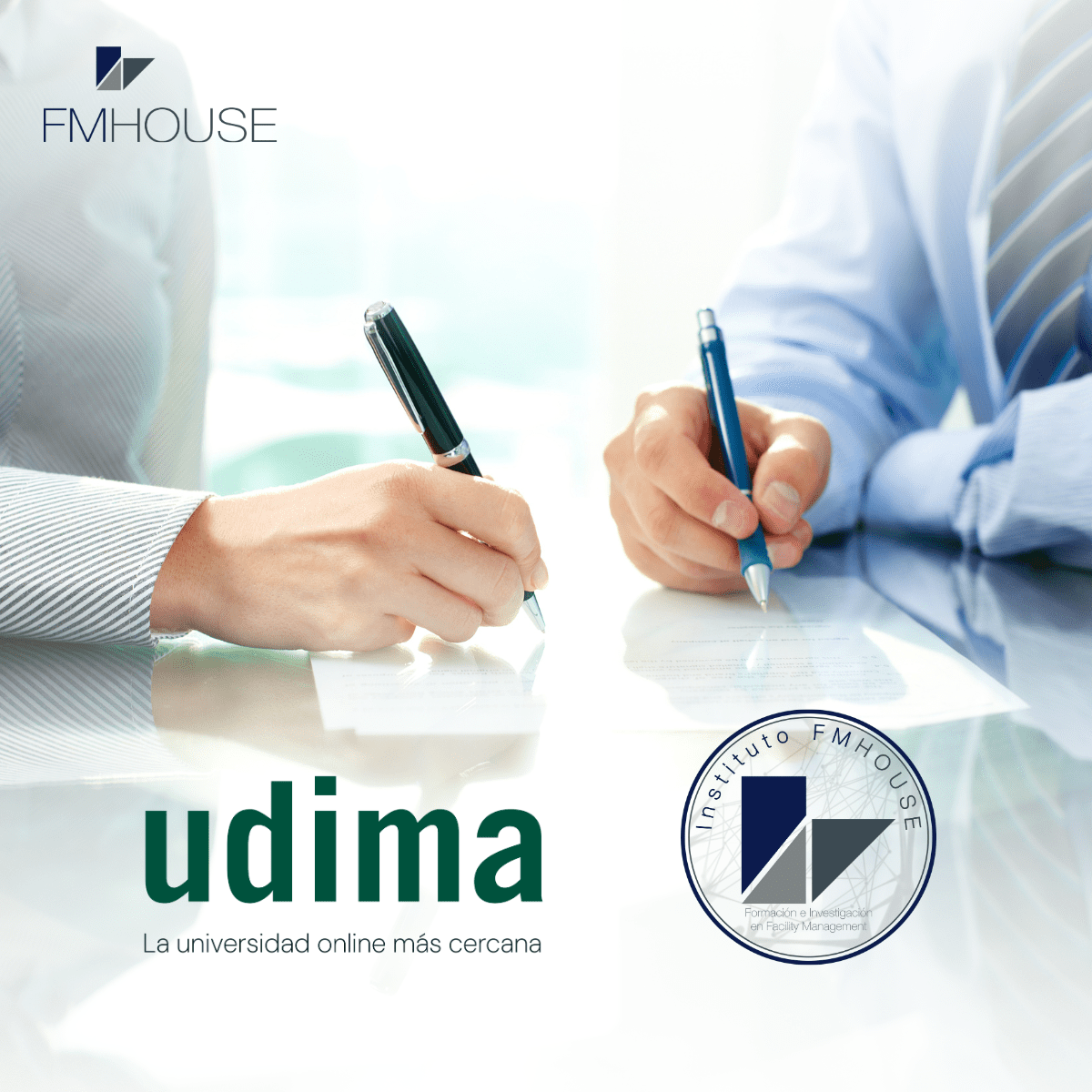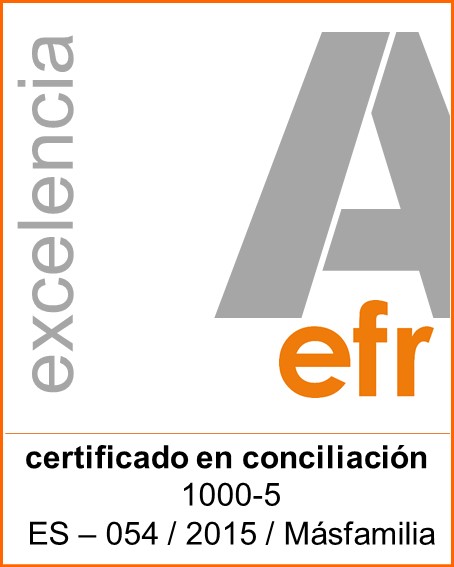Speaking about added value is, at the least, complicated for a discipline that has a wide range of responsibilities such as Corporate Real Estate, workplace, project management, service management, etc.
First of all we should establish a baseline of the value that this discipline adds “per se” to client companies before we can start to analyze what its added value is, that is the value that goes one step further. The baseline on which we can build added value is not equally recognized or understood, since not all the organizations know how FM can contribute to their performance and, even when they do know, not all FM Departments get the power to manage all the responsibilities they should.
If a Facility Management department is assigned only with maintenance and cleaning tasks and another FM Department is assigned with more responsibilities such as asset management, workspace management and Real Estate management, we will never be able to compare their added value because their baselines, what is expected from each one, are very different. This is why it’s complicated to establish some parameters that raise this definitive value to added value. To explain this in a simple way we can use an example that illustrates this situation:
Let’s imagine that several people are invited to a luxurious restaurant they know nothing about except it’s an elegant restaurant because they’re told they need to dress up. The group is composed of a dozen people with different styles and backgrounds. Each person can expect different things from the evening, depending on if they have been to a similar place before. What will probably be a standard is that they will receive excellent food, care for detail in their dishes, a nice service from all the personnel, from the host at the door to the one serving the food, a quite environment, maybe a significant wine list and even, why not, a water menu for those who already know this kind of restaurants.
Once the dinner is over, we get together with the attendants and we ask them their opinion regarding everything. When we ask each of the guests what they have perceived as special, as added value, something they didn’t expect, each of them will answer a different thing. For some people added value may be that they got their car parked, that there was live music, that they were called by their name to the table, that they saw famous or well-known people in their environment, or even that they could eat everything they wanted (considering that this is what happened). For the person that didn’t arrive by car, the fact that there’s someone to park the cars means no added value, as well as being able to eat everything they want means no advantage for those who eat little. Probably the fact that the dinner was free, was not only added value but great news to everyone.
For each of them the concept and the way the perceive added value is different, since their backgrounds and perceptions make them see different things in different ways. The case of the one who appreciated live music as added value contradicts those of the people that experienced it like torture (I’d be one of them) if there was live music at the restaurant.
If we propose the same exercise at an all-you-can-eat, the standard will lead us to understand that we can eat everything we want, although it’s possible that the quality of the food or the service is not the best, establishing these elements as part of what we expect from this service.
At this point we can already see how something that in the case of the luxurious restaurant was added value in another case is something that we expect to be within the scope of the service, which is eating as much as we want. However, in this case, added value is something that would surprise us, it could be the quality of the food or even nice service or kind personnel at the restaurant.
It is important to understand that added value is not something that is demanded, it’s something that is perceived when we receive a service. We can’t ask for added value, but we receive added value that is part of a service that is demanded and everyone with his interpretation and perception sees elements as materialization of that added value.
Before we speak about added value in Facility Management it is very important that companies understand which these values are; FM adds many of them. If we want to identify which elements of added value are present, we have to speak about the value they add first and then ask the stakeholders, departments and other elements that receive the service, what is what they have perceived as added, as unexpected, as something they didn’t expect to be part of the service.
In this case it is important to remember that, before we ask, we should make sure that the scope of the service is known, this is, that people know what kind of restaurant they’re going to and then ask those who received the service. If we don’t do this, the answers will make no sense.
Author: David Martínez, PhD. Strategic consultant, coach, researcher and international speaker. Renowned Facility and Asset Management expert. Specialized in multicultural property management models and productivity applied to workplace.





